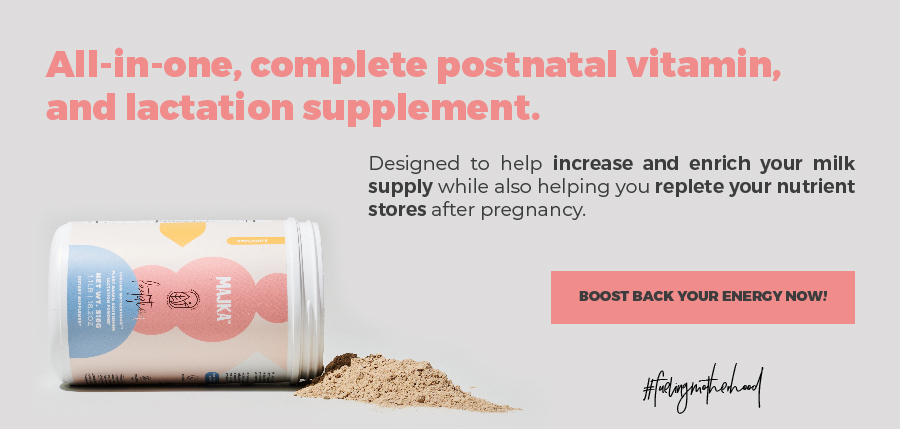
Understanding the causes and soothing techniques
Being gassy could make your baby feel fussy and uncomfortable.
Although having gas is a natural function, sometimes it can be a source of trouble. In the following, we will dive into the topic of gassy babies and practical solutions that may help you soothe your baby’s tiny tummy.
Why is my baby so gassy?
If your baby seems fussy, has an enlarged abdomen; he/she is burping more than usual, or passing excessive gas it could be symptoms of him/her being gassy.
The main thing to keep in mind is that gas is harmless and is a natural function that we all have.
To a newborn’s body everything is new, including digestion. Whether your baby is being breastfed or he/she is having formula, your baby´s brand new digestive system is developing. Gas could be a result of this.
Gas is also usually caused by swallowing excessive air, which can happen when crying, using a pacifier, or while eating. Poor latch on the breast or bottle nipple can also cause this. Certain dietary factors can also contribute to gassiness. If you are breastfeeding your baby, he/she may experience gas if you consume gas-inducing foods (broccoli, cabbage, or spicy foods).
If your baby is formula-fed, the type of formula used may be affecting his/her digestion.
How to help when my baby is gassy
Having a tummy full of gas may make your baby very uncomfortable (fussy, squirmy with a scrunched up face, pulling his/her legs to her/his chest, etc.). Here are some things that could help:
- Burping: helping your baby burp after each feeding can help reduce gassiness.
- Don’t rush feeding: feeding your baby at a slower pace can help them swallow less air. Taking breaks during feedings can allow your baby to burp and to take a breath.
- Feeding position: while breastfeeding, be aware of a proper latch (your baby’s mouth covering most of your areola). If your baby is bottle-fed, hold the bottle at an angle that keeps the nipple filled with milk to prevent excessive air intake.
- Tummy massage: giving your baby a gentle tummy massage can help your his/her bowel movement.
- Elimination diet (for breastfeeding moms): If you suspect that certain foods in your diet are causing gas in your baby, try eliminating them one at a time to look for any changes.
How to know if it’s just gas or something else
Having a baby can be a great but also overwhelming process! Don’t be hard on yourself and work with your doctor to find the best solutions for you and your baby.
Here are some ways to determine if your baby’s discomfort is due to gas or if it may indicate something else:
- Crying patterns: babies with gas-related discomfort typically cry or fuss after feeding and may show signs of relief after burping or passing gas. If your baby’s crying is excessive or accompanied by other symptoms (fever or vomiting) it may be a sign of an underlying condition that requires medical attention.
- Duration and frequency: occasional gas in babies is normal, but if your baby consistently experiences discomfort, bloating, or excessive gas after every feeding, consult your healthcare provider.
- Change in his/her eating habits: if your baby suddenly refuses to feed or experiences difficulty in latching or sucking, it could be a sign of discomfort or pain.
- Distended abdomen: while a slightly bloated abdomen can be normal after feeding, a consistently distended or swollen abdomen might indicate a more serious problem. If you notice abnormal swelling, consult a healthcare professional.
- Other symptoms: if you notice additional symptoms that come with gas (blood in your baby’s stool, diarrhea, constipation, persistent vomiting, or a significant change in your baby’s behavior), it could indicate another condition.
Inform your doctor of any concerns about your baby’s health.
What is normal and what isn´t
As we mentioned, gas is a natural thing that we all experience, especially newborns who are developing their digestive system.
It’s important to remember that every baby is unique, and what works for one may not work for another. If excessive gas persists or is accompanied by other symptoms it’s important to consult a pediatrician.
In Breastfeeding 101, we hope this information has helped you to learn more about ways you can help your baby when he/she is experiencing gas.
If you want to learn more about gas in babies, here we share with you some of the sources that made this article possible:
- Baby Gas Problems Signs & Home Remedies I FirstCry Parenting
- Dear Pediatrician: What Can I Do For Baby Gas Relief? I Forbes Health
- Dietary treatment of colic caused by excess gas in infants: Biochemical evidence I National Library of Medicine
- Gas and Bloating I National Library of Medicine
- Gas and colic I Orlando Pediatric
- Gas in the Digestive Track I Children’s Hospital of Orange County
- Gas Production by Feces of Infants I ResearchGate
- How to Prevent and Relieve Baby Gas I PennMedicine Lancaster General Health
- Relieving Gas Symptoms Naturally I Forest lane pediatrics
- The gassy baby I Two Peds in a Pod
Avery Reckers






